News
-
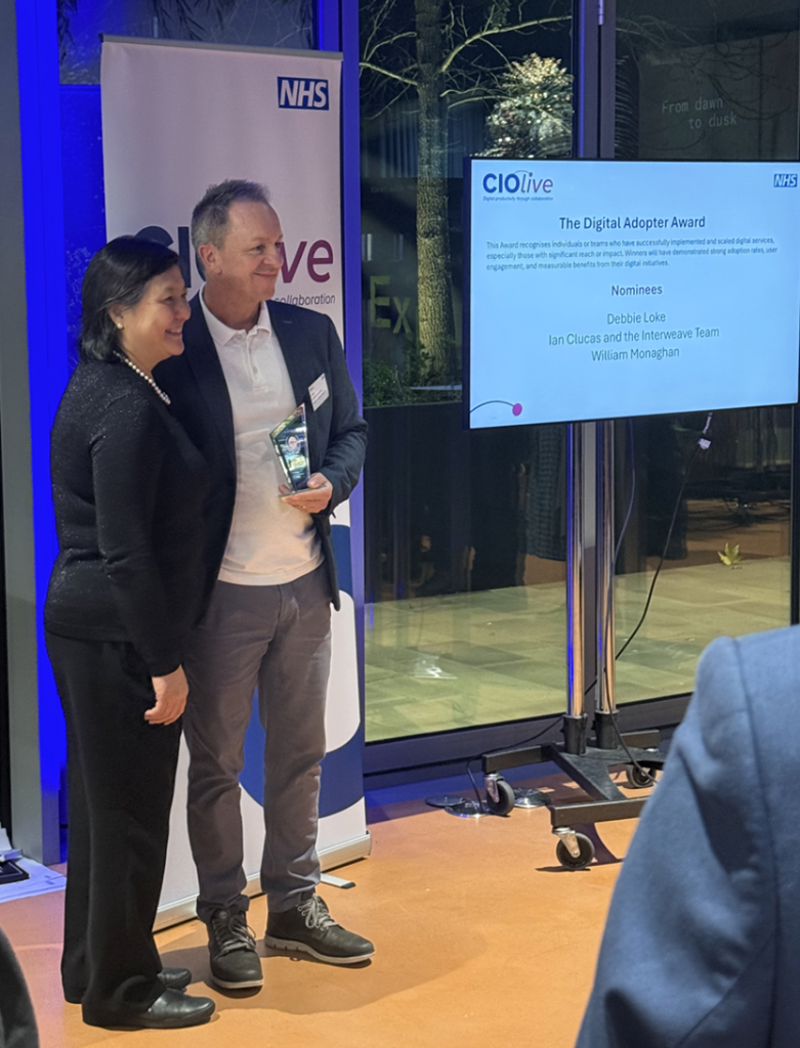
Celebrating Multiple Wins At The CIO Live Awards 2025
12 December 2025
-
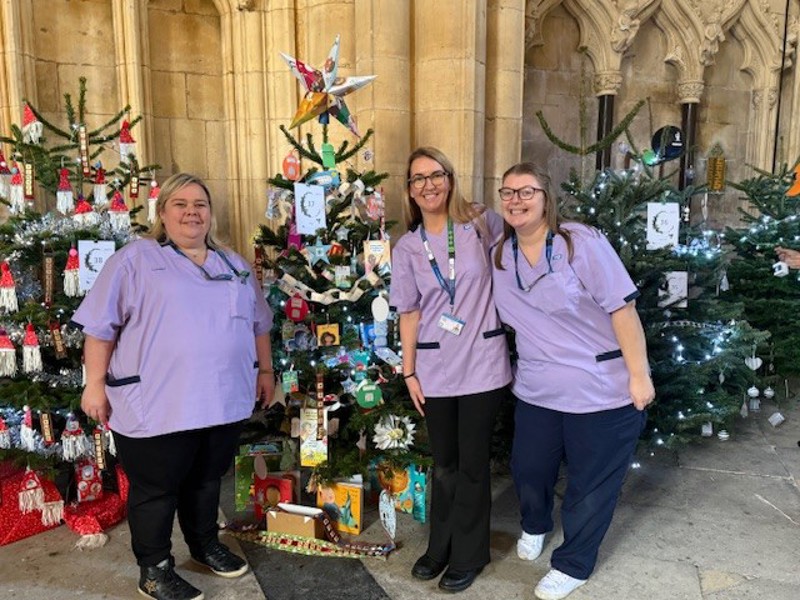
Trust Christmas Trees in Beverley Minster
12 December 2025
-

-

Interweave win at HFMA Awards
09 December 2025
-
Humber Research Team Conference 2025
09 December 2025
-
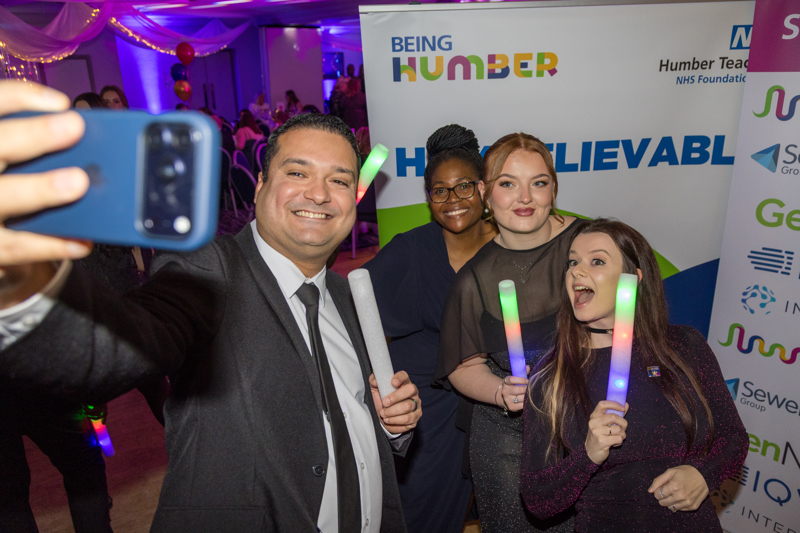
Celebrating our Humbelievable teams at the 2025 Staff Awards
05 December 2025
We held our annual Staff Celebration Event to celebrate the fantastic and innovative work of our teams and staff.
-
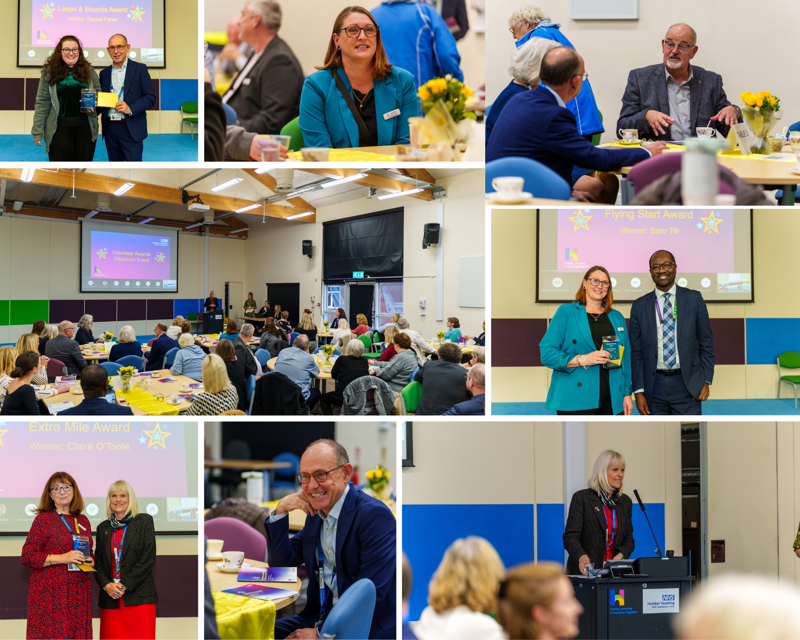
Recognising the volunteers who go the extra mile
25 November 2025
-

-
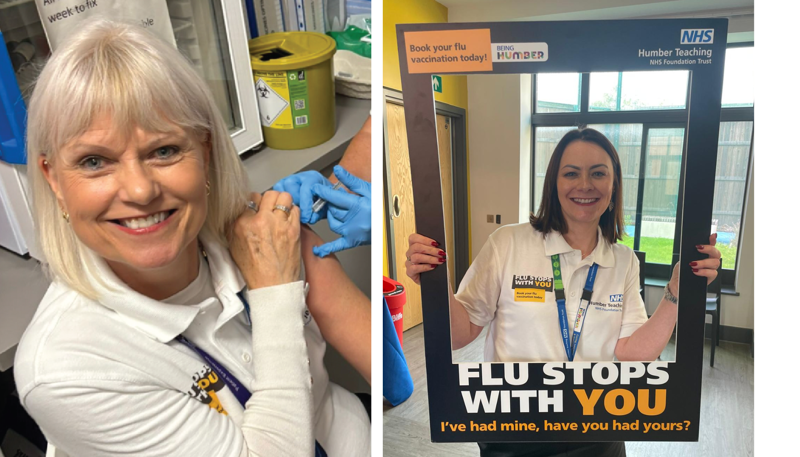
-

Bring a little festive joy to people in hospital this Christmas
12 November 2025
-
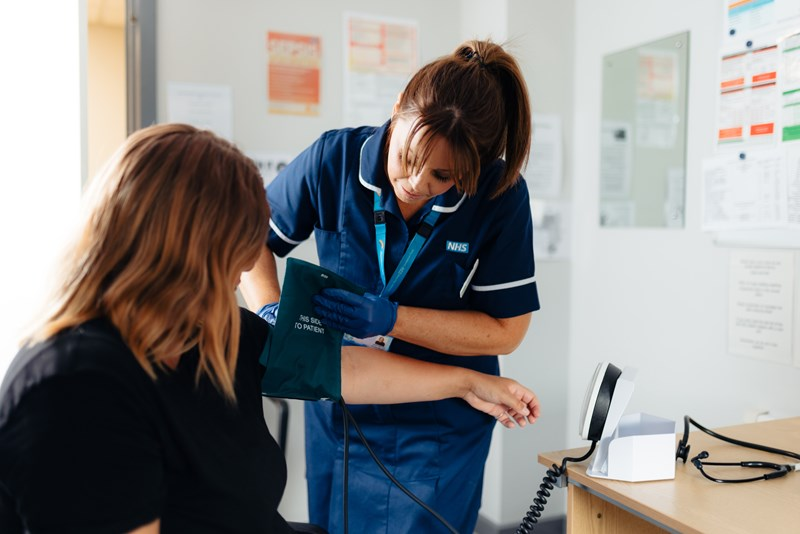
Next step in GP transition agreed
05 November 2025
-
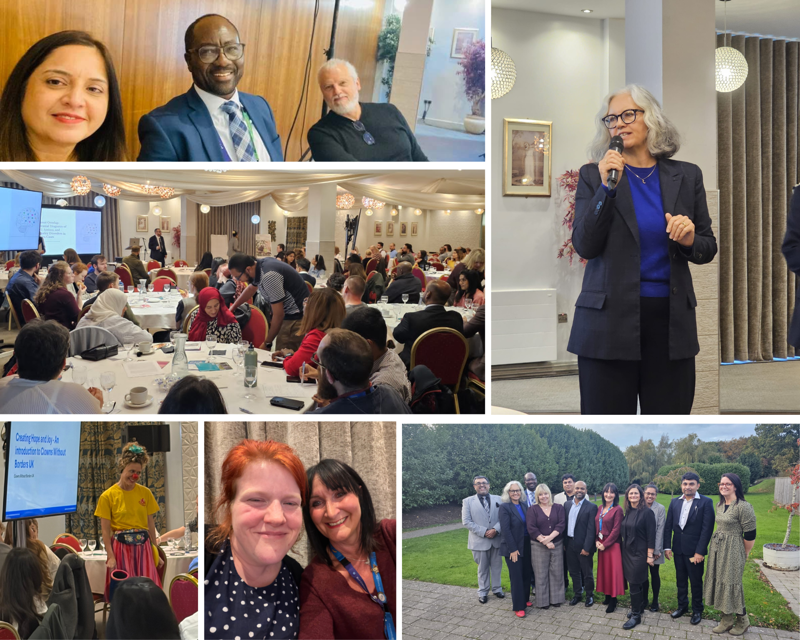
-

£200,000 fund launched to enhance adult mental health and wellbeing in the community
15 October 2025
Health Stars have £200,000 available to give away to local organisations that work to improve the mental health and wellbeing of adults in the community
-
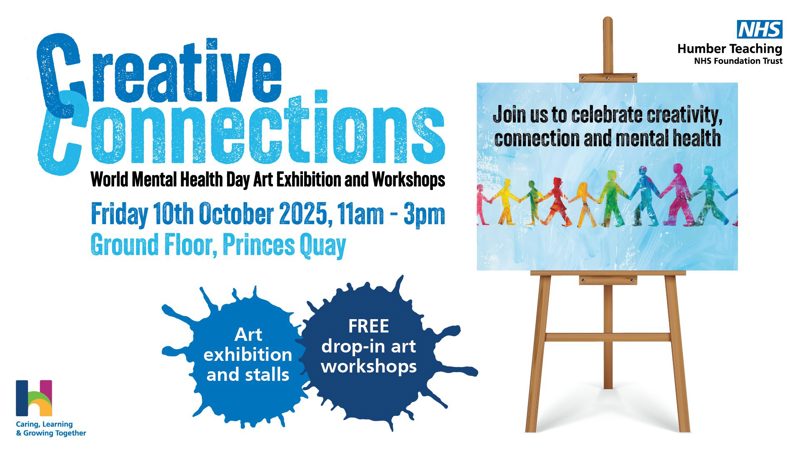
Hull Fair Inspires Community Art Project
06 October 2025
-
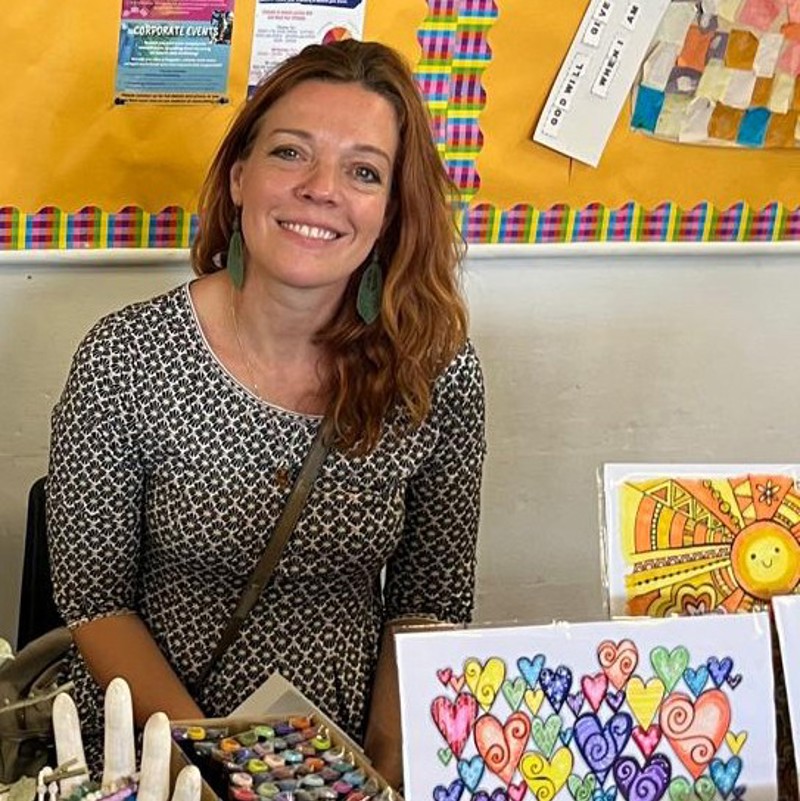
What can you expect from Creative Connections Art Exhibition for World Mental Health Day?
01 October 2025
Visitors can enjoy a variety of interactive workshops. These workshops provide opportunity to try out different styles of art and connect with other people through shared creativity.





